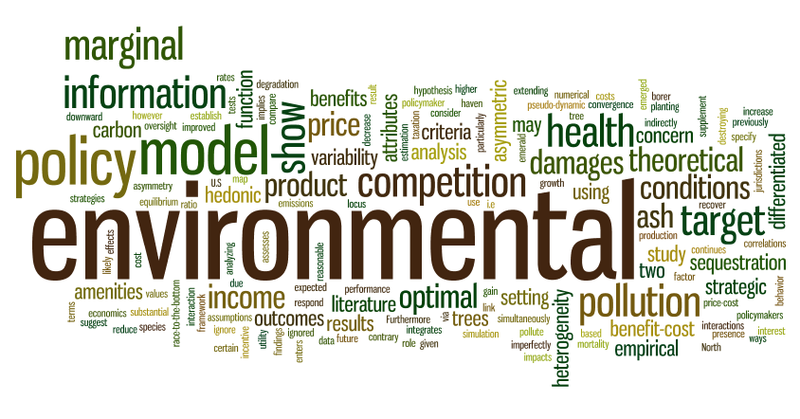How do Western nations perceive developing nations?
In Western society, the idea of doing “development work” doesn’t strike us as unusual because we have very stereotypical ideas of what developing countries look like, and what things need “fixing”. The concept that the Western world is then the one who must do said fixing eerily mirrors ideas of colonialism from history. Are our stereotypes of development causing us to inaccurately address global environmental problems?
We are living in an increasingly globalized world, and development and interaction are cause innumerable local cultural overlaps. We have to properly mitigate and handle these intersections, and our preconceptions of the “other” are just one problem we face in successful doing this.
If we as a Western society consider development work an important part of global environmental management, what are the best practices we need to utilize when approaching it?
- Ethics
The first step to changing the way we approach the dynamic and complicated relationship in the development narrative is to be aware and conscious of the ripple effect of ethical issues that could potentially rise out of our actions or inactions. There are several different ethical frameworks that guide the actions of different communities, and the friction between these elements in important to take into account to upend the development stereotype, and avoid the “Western savior” complex.
The most important ethical question to consider, from a Western framework of power is this: for what reasons am I engaging in development, and what are the outcomes of my actions?
Within the realm of “development” falls mission trips and high school/college level “service” trips. Are we as a society that generally holds a higher degree of power, using our privilege in a just way? Are we truly helping others, or just helping bolster our idea of self?

Follow link to: White Savior Industrial Complex Image Taken From: https://allthingsyogablog.files.wordpress.com/2015/10/white-savior-complex-copy.jpg?w=1200
- Valuing Local Environmental Knowledge
The second most critical way to diversify and complete the narrative about development is to ensure that local environmental knowledge isn’t dismissed. This can occur in several different contexts, and have far reaching repercussions if it isn’t taken into account.
The concept and principles at play in the international “development” sphere are just as applicable in the United States, just with different identities (such as geography and socioeconomic identity) playing a role. For example, some rural communities in the United States face the same issues of the “resource curse” that resource rich developing countries face.

Follow Link to: Resource Curse Taken From: http://2.bp.blogspot.com/-5I26LR-oMi0/Uo5xpFIhB7I/AAAAAAAAABw/qoz9VO-LclU/s1600/Cartoon0001.jpg
The same story of discounting local knowledge can be seen in the stereotype of “pure science” being superior to local wisdom. When these power dynamics come into play, it can lead to serious repercussions for the local communities whose knowledge is just as valid, just influenced and created in different ways. Despite a lack of formalized “scientific method” many indigenous and local communities create their own “scientific method” of creating and understanding knowledge that is just as tested and verified.
Finally, ignoring local conditions and knowledge overlaps with ethics in the case of many environmental disasters. It unfortunately demonstrates a narrative of development that is entirely, and in no hidden way, for the profit of the dominant force. Environmental disasters often show the ugly side of overlapping identities, and the before, during, and aftermath of these situations can teach important lessons about human/environment interactions and the importance of navigating away from incomplete stories of the “other”.
The final thought is: how do we fix the damage that’s already done, when the damage was created by us trying to “fix” things in the first place? Are reparations the answer to the problem, and what, if anything, do we owe? I think at minimum, we owe an apology. We do a disservice to ourselves, the global community, and the environment when we don’t take into account multiple perspectives and the ethical outcomes of our actions, and that is something we have to consciously change.
